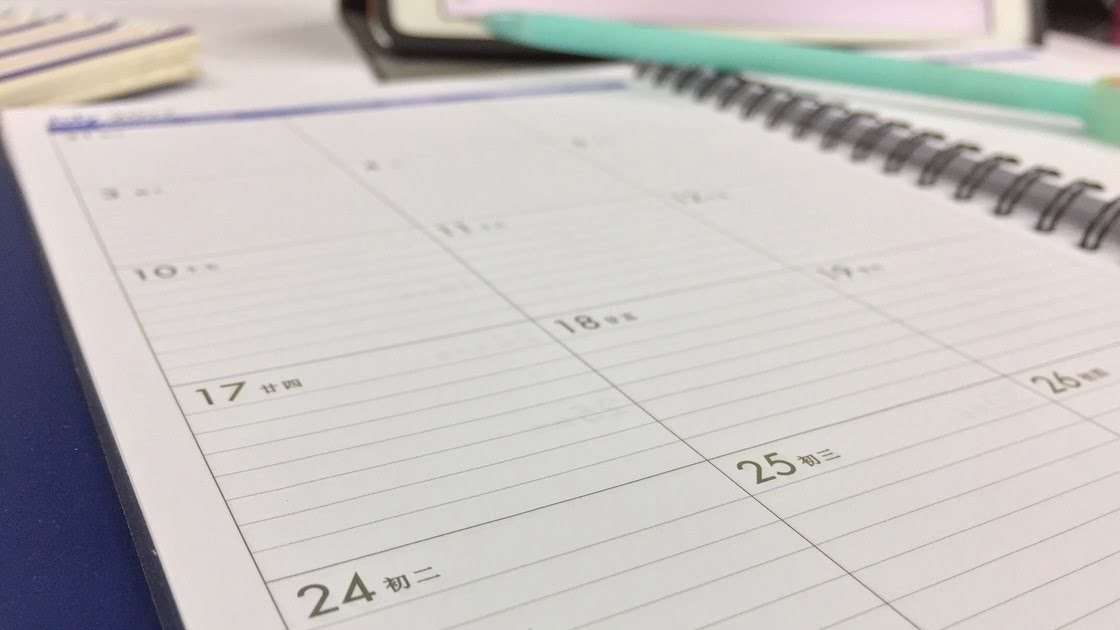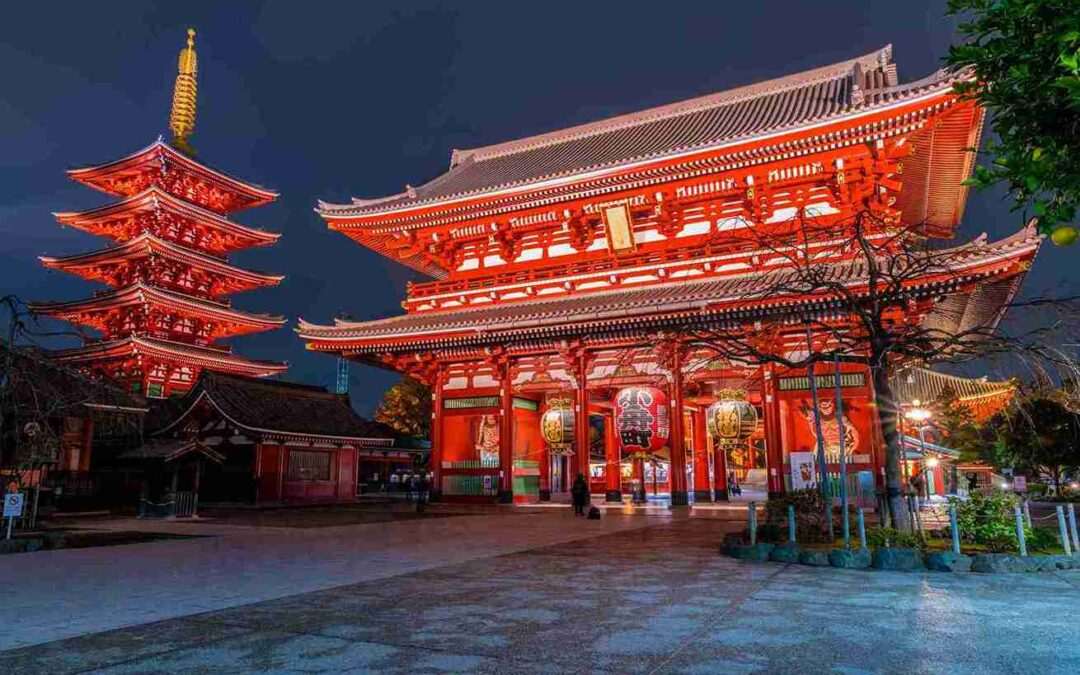In Japan, the school year does not follow the same rhythm as in Spain or Latin America. The Japanese school calendar is deeply linked to the country’s cultural and natural cycle: it begins in April with the cherry blossoms and ends in March of the following year. Join us to discover how the course is organized, when it is time for vacations and what impact it has on student and family life.
This is how the school year is organized in Japan
The school year in Japan starts at the beginning of April, usually around April 7 or 8, coinciding with the end of the sakura bloom —a symbolic sign of new beginnings—; ends approximately March 20 of the following year.
Start of the school year in April
The entrance ceremony (nyūgakushiki) is held in the second week of April, officially marking the start of the new school year in Japan. Every level of education, from primary schools to universities, participates in this tradition.
Divided into three semesters
The course is distributed in three academic cycles or gakki:
- First trimester (ichi-gakki): April to the end of July
- Second (ni-gakki): September to December
- Third (san-gakki): January to March
Between them are clearly defined rest periods, with graduation ceremonies in March being a key cultural highlight.
Vacation periods in the Japanese school calendar
Spring Break: A Brief Respite
Between the end of March and the beginning of April, the spring break (haru-yasumi) takes place, a break of one or two weeks that allows the previous cycle to be closed before starting the new course.
Summer holidays: the great break
The longest break of the year is the summer holidays (natsu-yasumi), which runs approximately from the end of July (at the end of the first term) to the end of August, lasting between 5 and 6 weeks.
Autumn holidays: a touch of colour
There is no extended break in the fall, although many schools take a short break around Sports Day, which is celebrated in October.
Winter holidays: recharging break
From late December to early January (approximately two weeks), students enjoy the winter holidays (fuyu-yasumi), coinciding with the New Year’s celebrations in Japan.
The Golden Week
Golden Week, between April 29 and May 5, brings together several national holidays such as Shōwa Day, Constitution Day, or Children’s Day. It coincides with the first term and usually includes a short school break that breaks with the academic routine.
Experience first-hand what it's like to study in Japan.
Study Japanese in Japan and explore its temples and streets first-hand while there.
School Schedules in Japan
Check-in and check-out times
Classes usually start around 08:30 in the morning and end around 15:30 or 16:00 h, depending on the level. The subjects last about 45 minutes in primary school and 50 minutes in secondary school. After classes, students attend club activities or participate in the traditional collective cleaning of the classroom.
Group transfers
It is common for children to go to school together on foot, by bicycle or train, creating a safe environment and encouraging socialization from an early age.
Academic Affairs and Assessment in Japan
Subjects in primary and secondary
The curriculum covers, among others, Japanese language, mathematics, science, social studies, physical education, art, and Japanese calligraphy (shodō). Japanese calligraphy can even be part of extracurricular activities, integrating into everyday educational culture.
How is it assessed and graded in Japan?
Evaluations are carried out at the end of each term, and students receive a report card that they must return on the first day after the holidays. This practice reinforces responsibility and a sense of academic continuity.
The school calendar and its imprint on students' lives
Balancing studies and extracurricular activities
In Japan, studying isn’t everything: school life is full of extracurricular activities. Sports or cultural clubs usually meet every day after class, strengthening team spirit and commitment to the educational community.
Why are holidays crucial for student well-being?
Although the school year is demanding, breaks allow you to regain energy, prepare for exams or enjoy with the family. Golden Week and summer are moments of leisure necessary to maintain mental and emotional balance.

Co-founder and Director of Doki Doki Japan. After learning Japanese and working in Japan for two years, he decided to turn his passion for teaching into a vision: to found his own online Japanese language school.




